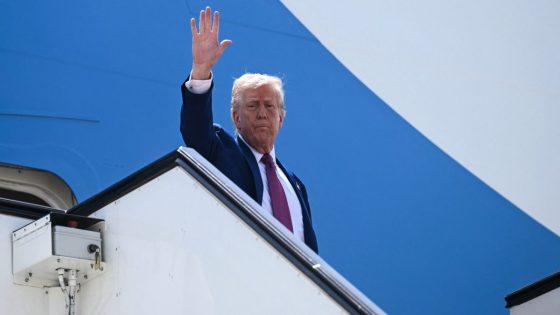The European Union’s stance on sanctions against Israel remains uncertain despite recent calls for action. As of 2025-05-20 08:02:00, discussions continue over whether the EU will leverage its position as Israel’s largest trading partner to enforce stricter measures. Nearly one-third of Israel’s imports come from the EU, yet past responses have largely been limited to urging respect for international law and a two-state solution.
- EU hesitates to impose sanctions on Israel
- Trade dependency limits EU's enforcement options
- Unanimous EU agreement required for sanctions
- Member states remain divided on Israel policy
- Germany maintains close ties despite criticism
- Borrell criticizes EU's ineffective influence efforts
Belgian policymakers and citizens alike watch closely as voices within the EU push for change. However, the question remains: will unity among the 27 member states be enough to trigger meaningful sanctions? Without unanimous agreement, tougher actions seem unlikely.
This situation raises another critical question: can the EU’s diplomatic efforts influence Israel’s policies effectively, or will internal divisions continue to hinder progress? Understanding these dynamics is essential for Belgium, given its role in EU decision-making and trade relations.
The EU’s ability to impose sanctions against Israel is complicated by several factors. Will the current trade agreements hold firm, or will pressure mount for change? Key points to consider include:
- Unanimity is required for EU foreign policy decisions, and member states like Hungary and the Czech Republic continue to support Israel.
- Germany’s historical ties and moral considerations influence its cautious stance despite growing criticism.
- Former EU Foreign Representative Josep Borrell criticized the Union’s failure to use its capacity to influence Israel beyond verbal protests.
- Trade agreements currently remain in place, with no immediate plans to alter them during ongoing investigations.
Looking ahead, Belgium and other EU members must navigate complex political landscapes to decide if and when to escalate actions against Israel. Will Belgium advocate for stronger measures, or prioritize maintaining trade and diplomatic balance? The coming months will be crucial in shaping the EU’s approach and Belgium’s role within it.

































